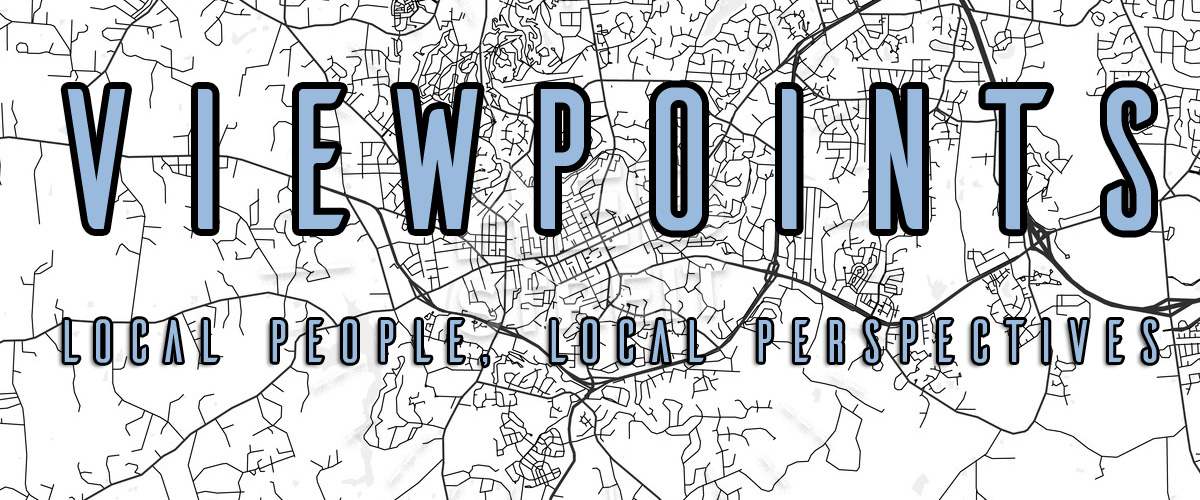
“Viewpoints” is a place on Chapelboro where local people are encouraged to share their unique perspectives on issues affecting our community. If you’d like to contribute a column on an issue you’re concerned about, interesting happenings around town, reflections on local life — or anything else — send a submission to viewpoints@wchl.com.
Good Samaritans Needed
A perspective from Franklin Payne
“Wu-Tang Clan ain’t nothin’ to F with.” This is a lyric from a 1993 hit by the widely-known rap group, Wu-Tang Clan. For most people, this might be a lyric you would associate with a hard workout or excited lip-syncing. For me, it was a sign of deep relief.
After a night of heavy drinking, my friend came home crutched between the shoulders of two people. Saliva dripping from his mouth and gasping for air, he was unresponsive and unable to stand up. Some of his friends insisted that we let him “sleep it off,” but we all knew that this could be alcohol poisoning.
Walking him to the bathroom like teaching a newborn their first steps, we anticipated vomiting and brought him water. He appeared to be doing better after this, and a friend suggested a shower. He went in and the water started running; we heard the door latch. 10 minutes went by, and I became worried. He did not respond to any of our voices, and we couldn’t get in. We didn’t want to call 911 because we knew he was unable to be protected from the legal repercussions of underage drinking because he couldn’t make the call, but we didn’t want to lose our friend. In a last ditch effort to get a response, I started rapping at the top of my lungs a shared favorite of ours “Wu-tang clan ain’t nothin’ to F with.” After a pause, my fears were lifted when I heard the verse repeated back.
In 2013, the North Carolina General Assembly passed a Good Samaritan law that provided limited immunity from possession-related charges for people requesting emergency services in situations of overdose and underage alcohol poisoning. Despite this being a large step in shifting North Carolina substance-abuse law to prioritizing lives over penalizing users, the ambiguity of the law only protects the caller, leaving the person undergoing the medical emergency often unprotected from legal consequences.
This leaves people in situations, like that of my friend, with difficult choices. You want to get help but you fear bringing down consequences on the person who needs the medical care. These situations are all too common.
With a raging opioid epidemic and rising binge drinking, the need for a comprehensive Good Samaritan law is increasingly apparent. According to data given by the North Carolina Department of Health and Human Services, there has been an approximate 48% increase from 2019 to 2021 in overdoses deaths, and there has been billions in associated costs. Additionally, binge drinking and general alcohol consumption has seen national increases since the beginning of the pandemic, according to Boston University.
If there is a sign of a potential medical emergency, there should not be a question about calling 911, but by not guaranteeing legal protection to both parties, the fear of potential threats causes people to wait and prevents life saving calls.
This legislative flaw has been attempted to be fixed multiple times such as in 2019 with Senate Bill 109 and recently, in 2021, with House Bill 852, but North Carolina has yet to see the fix ratified in the general assembly in a time when it is most needed.
This is a legislative refrain repeated by thousands of families and parents affected every year, and our general assembly needs to hear it.
“Viewpoints” on Chapelboro is a recurring series of community-submitted opinion columns. All thoughts, ideas, opinions and expressions in this series are those of the author, and do not reflect the work or reporting of 97.9 The Hill and Chapelboro.com.

